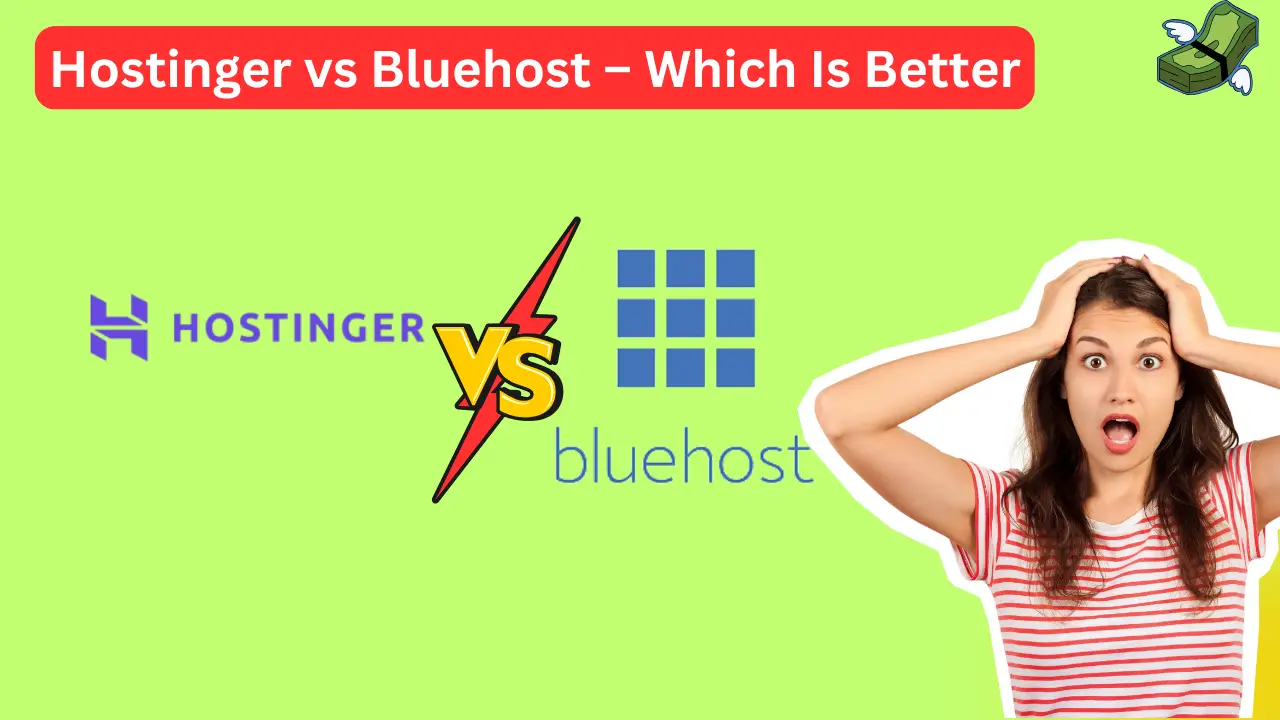Business Loan for Startup in India: A Complete Guide
Starting a business in India is both exciting and challenging. While a great idea, strong execution, and skilled manpower are essential for a successful startup, access to funds is the backbone that fuels growth. Many entrepreneurs struggle at this very step — finding the right financial support to bring their vision to life.
One of the most viable solutions available today is a business loan for startups in India. In this detailed guide, we’ll cover everything you need to know — from the importance of startup funding, loan options, eligibility, documents, interest rates, to government schemes that support entrepreneurs.
Why Do Startups Need Business Loans?
India has emerged as one of the world’s largest startup ecosystems, but even the brightest ideas often fail without financial backing. Here’s why startups usually need business loans:
- Initial Setup Costs – Rent, equipment, registration fees, and branding.
- Working Capital – Day-to-day expenses like salaries, vendor payments, utilities.
- Inventory Management – Buying raw materials or stock to meet customer demand.
- Marketing & Promotion – Advertising campaigns, social media, and outreach.
- Expansion – Opening new offices, scaling operations, or entering new markets.
- Technology & Infrastructure – Software licenses, machinery, cloud services.
Types of Business Loans for Startups in India
Different lenders offer different types of loans depending on the nature and size of the startup. Let’s break them down:
1. Term Loans
- Similar to personal loans but offered for business purposes.
- Borrow a fixed amount and repay in EMIs over a specific tenure.
- Suitable for purchasing equipment, office setup, or expansion.
2. Working Capital Loans
- Designed to cover short-term financial needs.
- Ideal for maintaining cash flow, paying salaries, or meeting immediate expenses.
3. Equipment Financing
- Loans provided to buy machinery or technology.
- The equipment itself acts as collateral.
4. Overdraft Facility
- Allows startups to withdraw more money than is available in their account, up to a limit.
- Interest is charged only on the utilized amount.
5. Invoice Financing
- Lenders provide advances against pending invoices.
- Helps startups manage liquidity when clients delay payments.
6. Business Credit Cards
- Flexible funding for small-scale expenses.
- Many come with cashback and reward programs useful for entrepreneurs.
7. Government-Supported Loans (Mudra, Stand-Up India, etc.)
- Specially crafted for startups and small businesses.
- Lower interest rates and minimal collateral requirements.
Key Government Schemes for Startup Loans in India
The Indian government actively promotes entrepreneurship through dedicated funding programs. Here are some of the most popular:
1. Pradhan Mantri Mudra Yojana (PMMY)
- Offers loans up to ₹10 lakh for small and micro-businesses.
- Categorized into Shishu (up to ₹50,000), Kishor (₹50,000–₹5 lakh), and Tarun (₹5–10 lakh).
2. Stand-Up India Scheme
- Provides loans between ₹10 lakh to ₹1 crore.
- Targeted at women entrepreneurs and SC/ST entrepreneurs.
- Must be for setting up new businesses.
3. SIDBI (Small Industries Development Bank of India)
- Offers specialized startup funding programs.
- Provides both term loans and working capital support.
4. Credit Guarantee Fund Trust for Micro and Small Enterprises (CGTMSE)
- Provides collateral-free loans up to ₹2 crore.
- Encourages banks to lend more to small entrepreneurs.
5. Startup India Initiative
- Launched to encourage entrepreneurship in India.
- Includes tax benefits, easier compliance, and funding assistance.
Math Quiz Challenge
Solve simple math problems and earn ₹1 for each correct answer. Minimum payout requires 15 correct answers.
Minimum payout: ₹15 (15 correct answers)
Eligibility Criteria for Startup Business Loans
Every lender has its own eligibility requirements. However, some common criteria include:
- Applicant should be 21–65 years old.
- Business must be registered in India.
- A well-defined business plan is often required.
- Good credit history (CIBIL score of 650+ preferred).
- Certain lenders may ask for collateral if loan size is large.
- Minimum turnover and operational history (in some cases, 1–3 years).
Documents Required for Startup Business Loans
A strong documentation process increases the chances of approval. Commonly required documents include:
- KYC Documents – Aadhaar, PAN, Passport, Voter ID.
- Business Registration Proof – Partnership deed, GST registration, ROC certificate.
- Financial Statements – Bank statements, balance sheets, P&L account.
- Tax Returns – Personal and business ITRs (last 1–3 years).
- Business Plan – Detailed plan showing revenue model, projections, and repayment capacity.
- Collateral Documents – If applicable.
Interest Rates & Loan Tenure
Interest rates for startup loans vary depending on the lender, loan type, and applicant profile. Typically:
- Private Banks: 11% – 20% p.a.
- Government Schemes: 7% – 12% p.a.
- NBFCs/Fintech Lenders: 15% – 26% p.a.
Loan tenure can range from 1 year to 7 years, depending on loan type.
Pros & Cons of Startup Business Loans
Advantages:
- Quick access to funds.
- Helps build business credit history.
- No dilution of ownership (unlike equity funding).
- Flexible repayment options available.
- Collateral-free loans possible under schemes.
Disadvantages:
- Higher interest rates for new businesses with no track record.
- May require personal guarantee or collateral.
- Risk of debt burden if business revenue is unstable.
Alternatives to Business Loans for Startups
While loans are a common choice, startups also explore alternative funding sources:
- Bootstrapping – Using personal savings.
- Angel Investors – High-net-worth individuals investing for equity.
- Venture Capital (VCs) – Professional funds investing in high-growth startups.
- Crowdfunding – Raising money from multiple small investors online.
- Grants & Competitions – Startup contests or NGO grants.
Practical Tips for Entrepreneurs Applying for Loans
- Create a Solid Business Plan – Lenders want clarity on revenue model.
- Maintain a Good Credit Score – Both personal and business.
- Avoid Over-Borrowing – Borrow only what you can realistically repay.
- Compare Lenders – Check banks, NBFCs, and fintech lenders before deciding.
- Leverage Government Schemes – They are designed to ease your financial burden.
- Keep Documents Ready – Missing paperwork is the biggest reason for rejection.
- Start Small – Opt for smaller loans initially, then upgrade as your business grows.
Real-Life Example: Startup Funding through Loans
Let’s consider a small restaurant startup in Bangalore. The entrepreneur needed ₹15 lakh to cover rent, interiors, equipment, and working capital. Instead of giving up equity to an investor, he applied for a MUDRA loan under the Tarun category. With an interest rate of 11% and a 5-year tenure, he managed his EMIs comfortably while retaining 100% ownership of the business.
This shows how structured debt funding can empower startups without forcing founders to part with their stake.
Conclusion
Getting a business loan for a startup in India is no longer a complicated dream. With private banks, NBFCs, fintech lenders, and supportive government schemes, entrepreneurs today have multiple funding options. However, success depends on choosing the right loan type, preparing a detailed business plan, and maintaining repayment discipline.
Remember, loans can be powerful growth tools, but they also bring responsibility. Borrow smartly, repay diligently, and you’ll see your startup flourish into a sustainable business.








